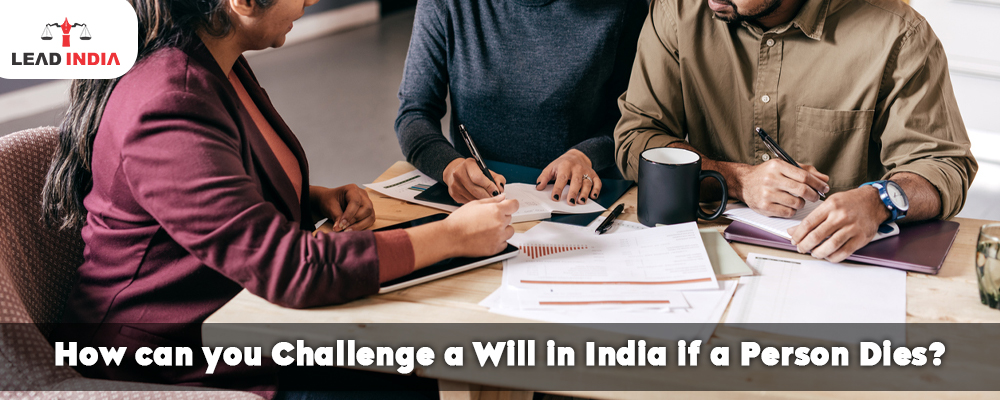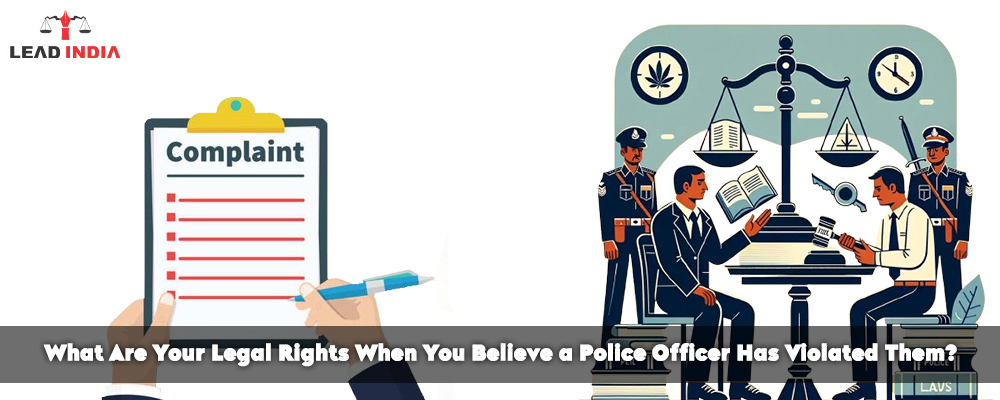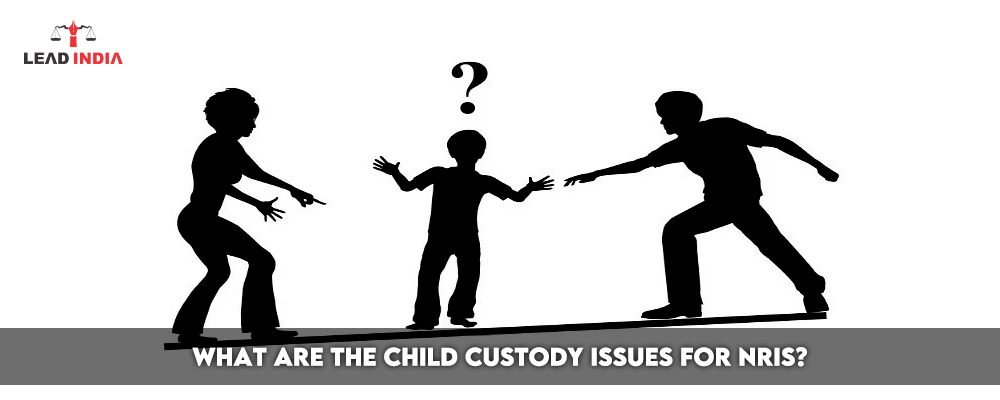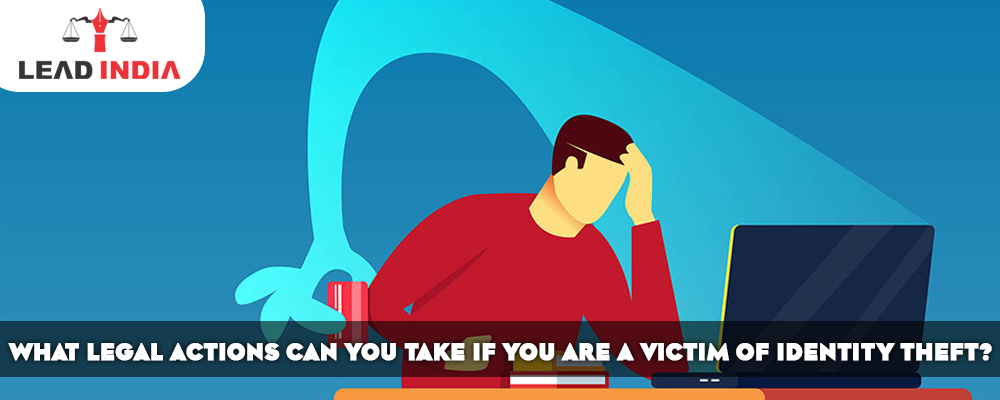How Can You Challenge A Will In India If A Person Dies?
It can be challenge in India only after understanding the legal framework and procedures of contesting a will. Once a person dies, his last will and testament reveal his desires for distribution of his assets. There are some grounds on which Will can be opposing like lack of mental illness, fraud, undue influence, or violation …
How Can You Challenge A Will In India If A Person Dies? Read More »










